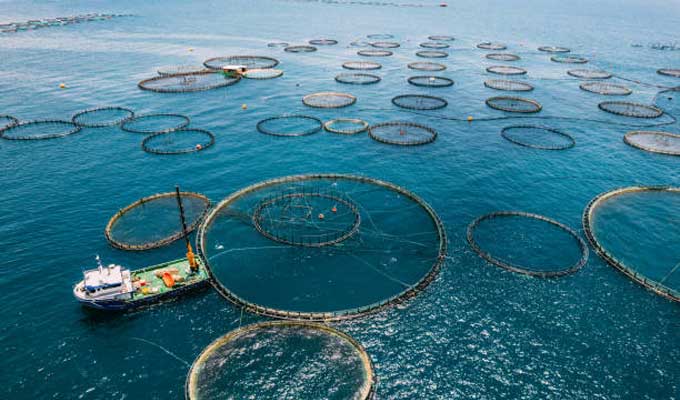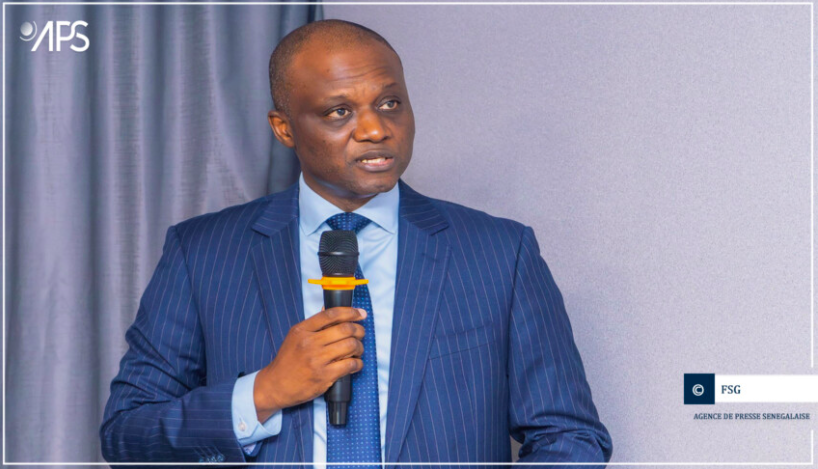
Dakar, July 22 (APS) – Experts from the Ministry of the Economy, Planning and Cooperation met in Dakar on Monday to draw up Senegal’s blue economy policy, based on water resources and financed by the US government’s Millennium Challenge Corporation (MCC).
Having previously received funding from the MCC in the fields of agriculture, transport and energy, Senegal is once again eligible for “compacts” – funding – from this cooperation agency of the United States of America, often amounting to hundreds of billions of CFA francs.
Abdourahmane Sarr, Senegal’s Minister of the Economy, Planning and Cooperation, emphasized: “The choice of Senegal is largely due to its political and social stability.
Senegal’s economic growth is “sustainable”, as it is “mindful of the climate, biodiversity and ecosystems”, he said, justifying the willingness of the American authorities to finance Senegal’s blue economy policy.
It is therefore with enthusiasm that I welcome this new compact […] linked to the notion of a blue economy”, added Mr. Sarr, pointing out that Washington decided to finance this initiative before ‘the advent of new leadership’ in Senegal, with the changeover that took place last March.
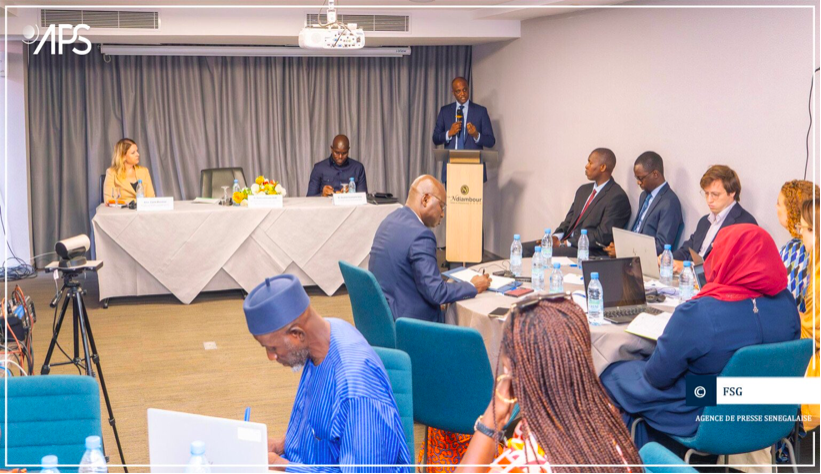
The “blue economy” refers to all economic activities linked to marine and coastal ecosystems, as well as rivers and lagoons, in order to “improve living conditions for populations through sustainable and inclusive economic growth that preserves biodiversity”, explained the Minister of the Economy, Planning and Cooperation.
The blue economy is also the sustainable use of ocean resources for economic growth and improved livelihoods, which preserves the health of ocean ecosystems,” continued Abdourahmane Sarr, referring to a World Bank definition of the concept.
This definition is close to the one adopted in January 2024”, said Mr. Sarr.
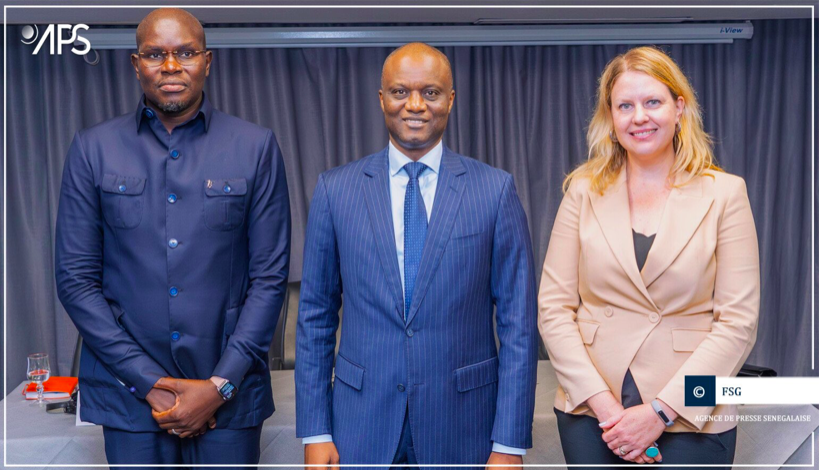
In Senegal, the idea is to “define territorial poles from which development will be organized, relying on the private sector”, he added.
According to the Minister of the Economy, Planning and Cooperation, this type of economy, which the MCC wants to support in Senegal, concerns the regions of Dakar (west), Kaolack (center), Saint-Louis (north) and Ziguinchor (south).
The coastal economy accounts for nearly 70% of the country’s economic activity. Coastal cities are more connected [than others] to the global economy. They can therefore be the locomotives of regional economies,” he explained.
Mr. Sarr called on the experts charged with developing the country’s blue economy policy to ensure that it can lead to the promotion of “sustainable, healthy, welcoming and slum-free cities”.
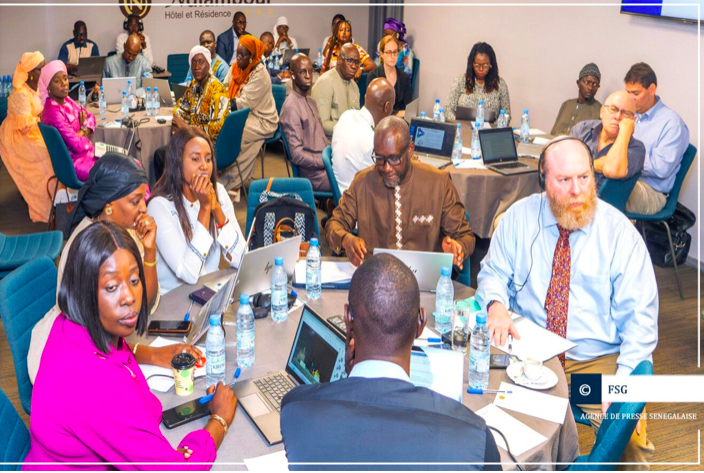
“Together, we’re going to develop projects that will have a very significant and transformative impact on economic growth, especially for the employment […] of vulnerable populations”, promised MCC employee Carrie Monahan. »Together, » Ms Monahan continued, »we’re going to make the first drafts […] They’re going to be developed in August and September… »
Seydina Ousmane Sène, national coordinator of the body tasked with developing the blue economy policy to be financed by the Millennium Challenge Corporation, said: »Between now and October, we will have interactive exchanges to come up with proposals [to the] Senegalese government for investment pillars and reforms that could accelerate the country’s inclusive and sustainable economic growth ».
According to Mr. Sène, the aim is to ensure that all proposed investments contribute to environmental protection and biodiversity conservation.
Source: APS


